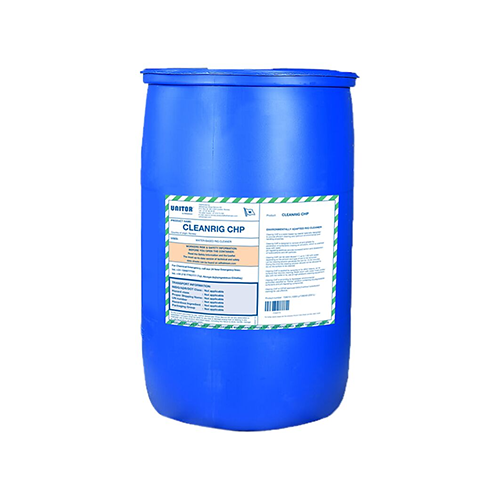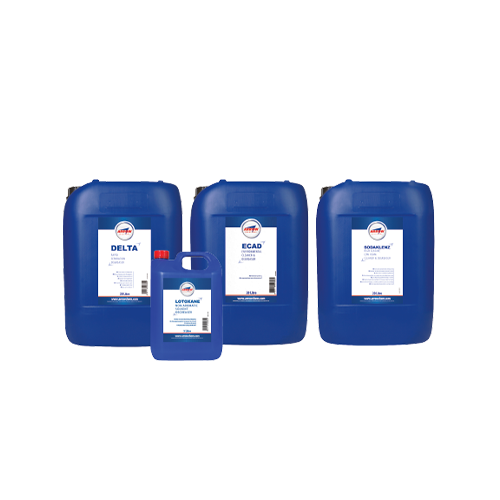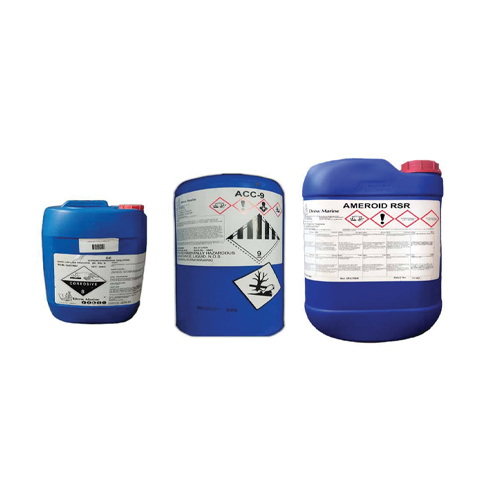Description
Types of Offshore Chemicals
- Corrosion Inhibitors:
- Function: Protect metal surfaces from corrosion caused by exposure to seawater, chemicals, and environmental factors.
- Applications: Used in pipelines, production equipment, and storage tanks to extend their lifespan and maintain integrity.
- Scale Inhibitors:
- Function: Prevent the formation of mineral scale deposits, such as calcium carbonate, calcium sulfate, and barium sulfate, in offshore equipment and pipelines.
- Applications: Used in water injection systems, seawater desalination units, and production wells to maintain flow rates and equipment efficiency.
- Biocides:
- Function: Control the growth of bacteria, algae, and other microorganisms in offshore facilities, including pipelines, storage tanks, and water treatment systems.
- Applications: Used to prevent microbiologically influenced corrosion (MIC), fouling, and souring of oil and gas reservoirs.
- Demulsifiers:
- Function: Aid in the separation of water from crude oil and natural gas emulsions, facilitating the production and processing of hydrocarbons.
- Applications: Used in oil-water separation systems, production separators, and desalting units to improve efficiency and product quality.
- H2S Scavengers:
- Function: Remove hydrogen sulfide (H2S) from oil and gas streams to mitigate corrosion, odor, and health hazards.
- Applications: Used in production wells, pipelines, and processing facilities to ensure safe handling and transport of hydrocarbons.
- Foaming Agents and Defoamers:
- Function: Control foam formation in production processes, wastewater treatment, and drilling fluids, improving operational efficiency and safety.
- Applications: Used in drilling muds, production separators, and water treatment systems to prevent foam-related issues.
- Emulsion Breakers:
- Function: Aid in the breaking of oil-in-water or water-in-oil emulsions, facilitating the separation of hydrocarbons and water in production processes.
- Applications: Used in production separators, desalting units, and water treatment systems to enhance efficiency and product quality.








